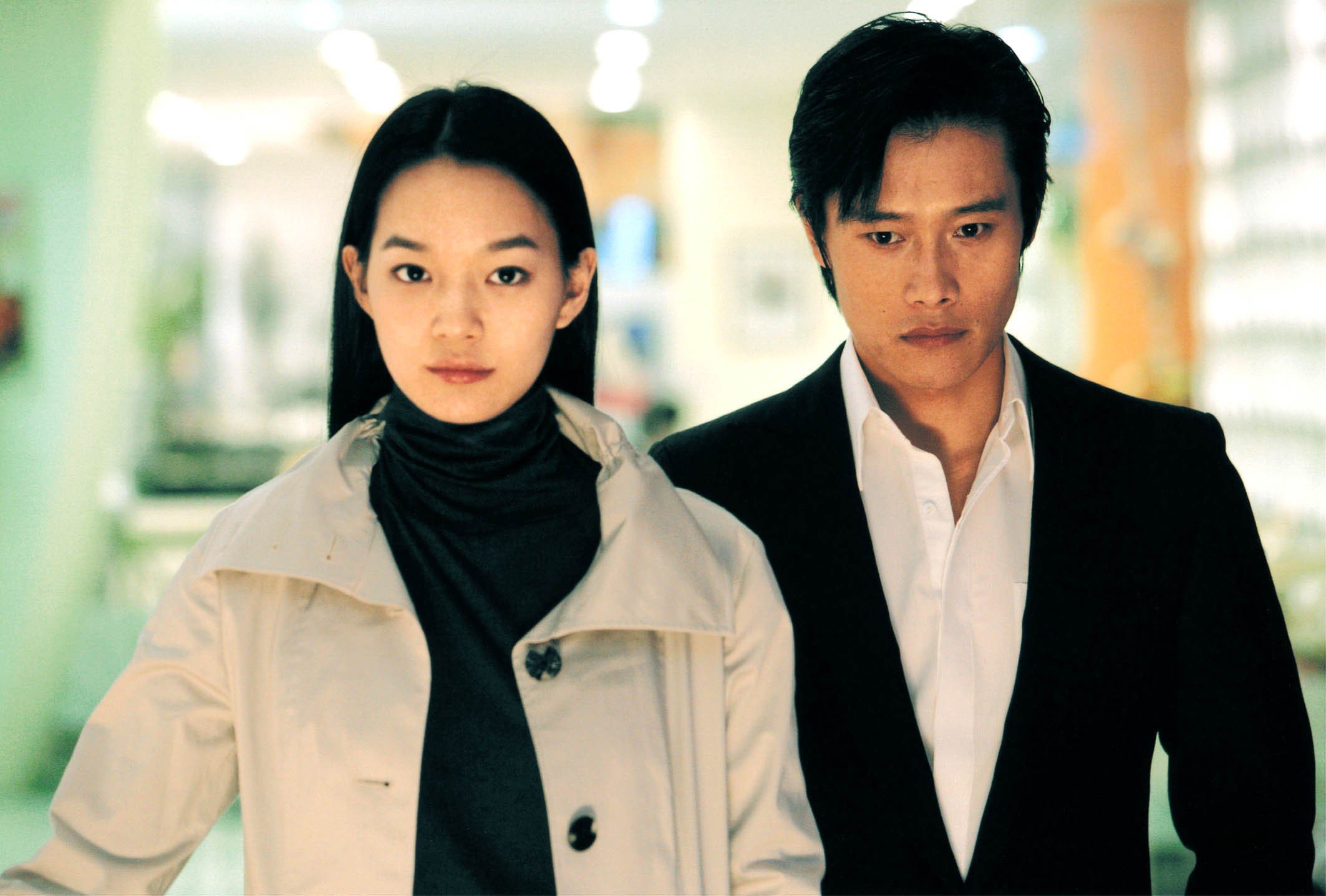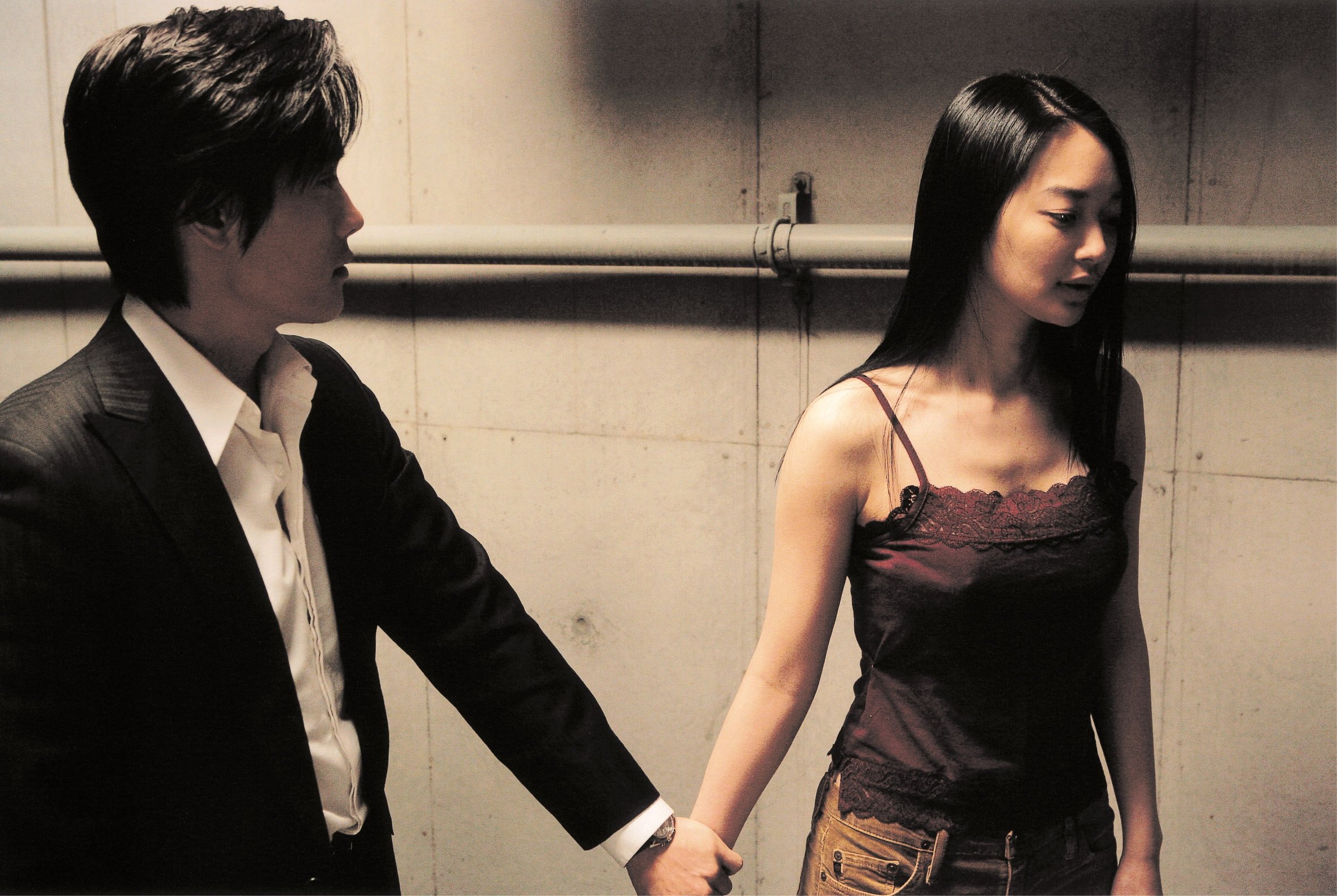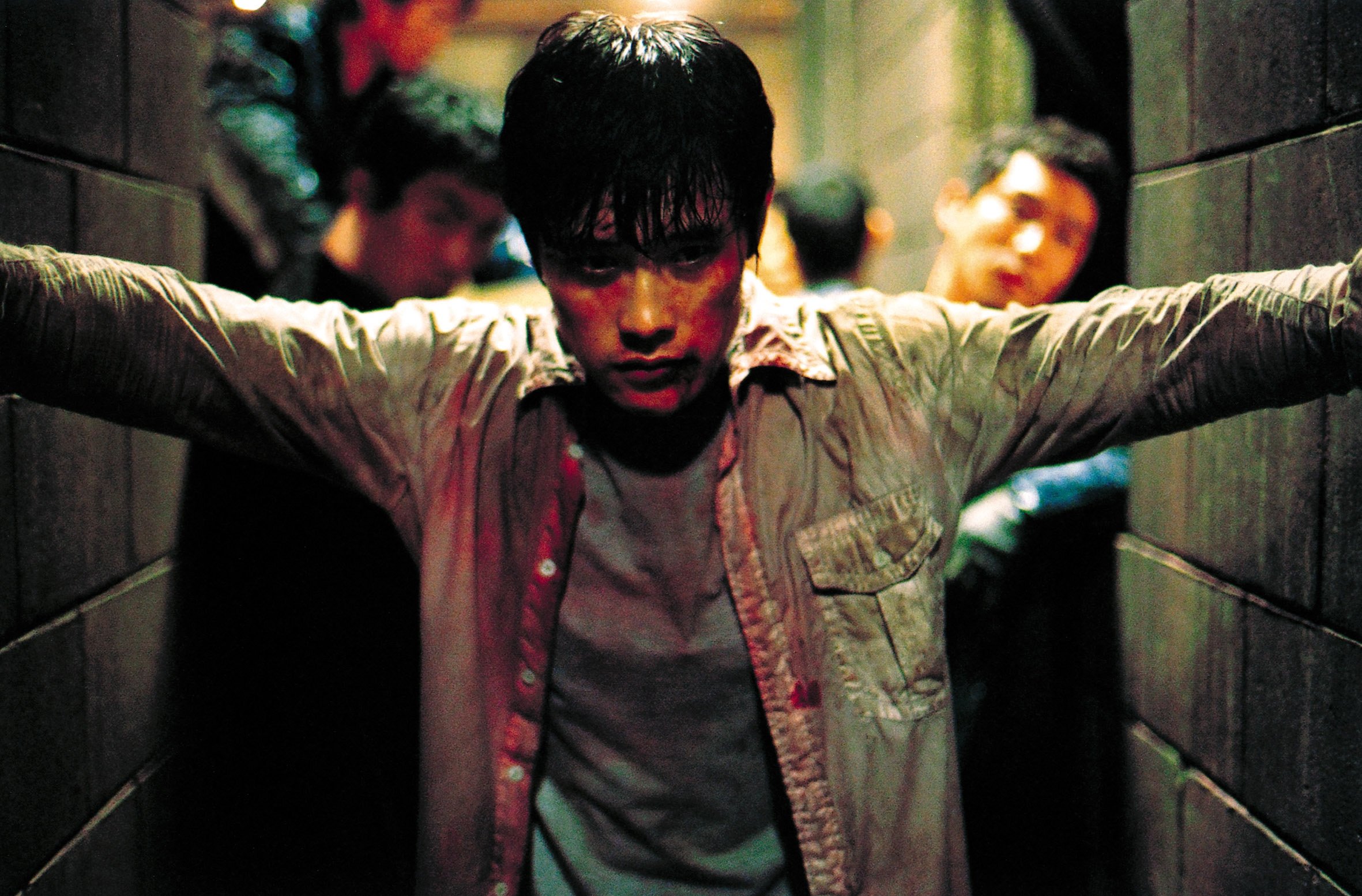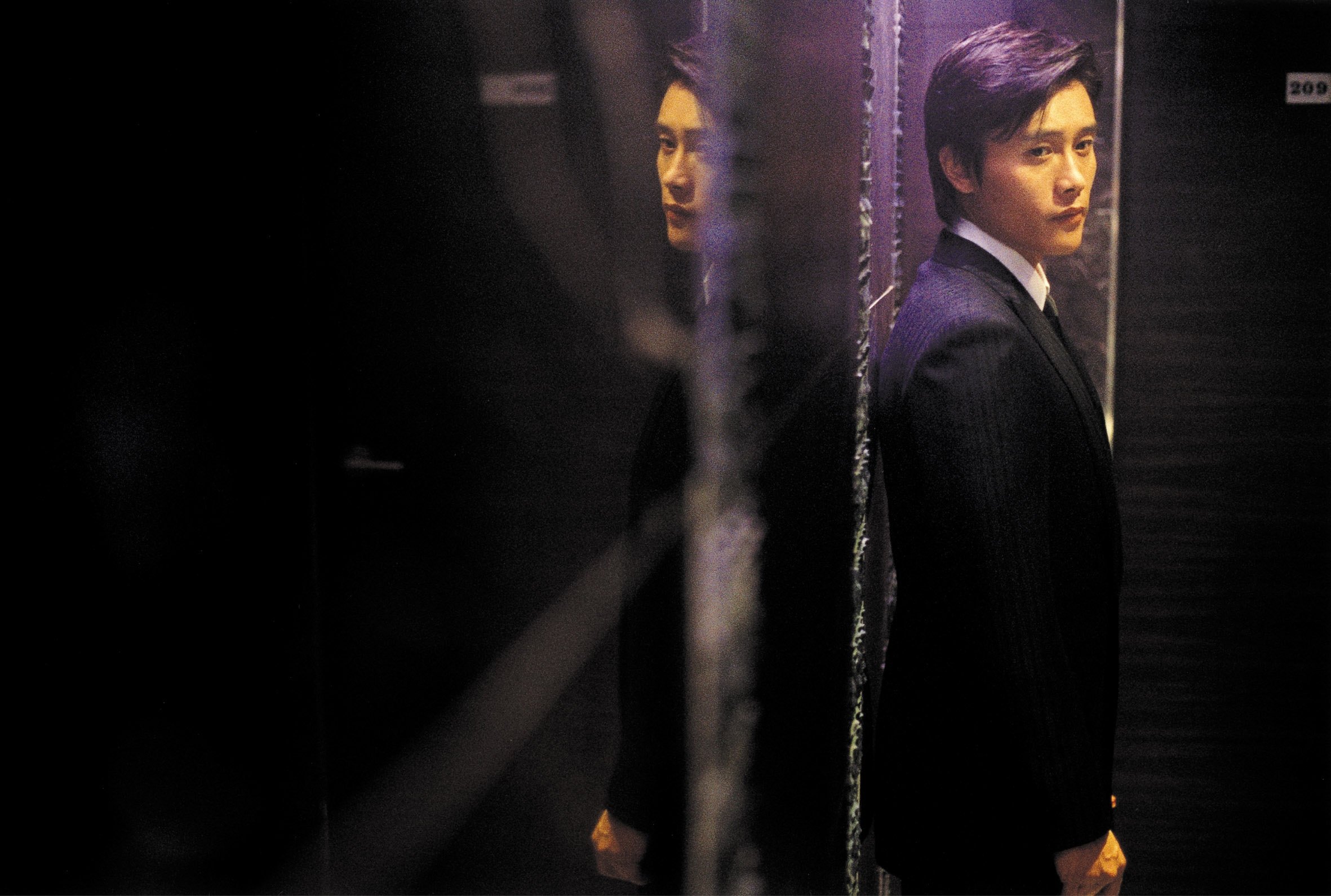A Bittersweet Life (2005)
Director: Kim Jee-woon
Starring: Lee Byung-hun, Kim Yeol-cheol, Shin Min-ah, Jung Hwang Jung-min
Primary genre: Neo-noir
Secondary genre: Action
Third genre: Drama
Kim Jee-woon’s career is a peculiar one. Filled with masterpieces from his native country (South Korea) and excluding a rather tame Hollywood debut (“The Last Stand” (2013)), he always manages to surprise through his creative outputs due to a chameleonic ability to transcend genres the same way Kubrick, Tarantino and Scorsese (among others) can do.
While other contemporary directors from South Korea (e.g., Bong Joon-ho) include sharp socio-economic commentary and heavy metaphors of emotional allegories, Jee-woon’s films are on a different plane altogether. Bearing genuine traits of auterism, his flicks feature dark stories, complex characters, ambiguous morality and inevitable outcomes.
Following outputs on black comedy (“The Quiet Family” (1998)) and psychological horror (“A Tale of Two Sisters“ (2003)), “A Bittersweet Life” (2005) sees the prolific filmmaker taking a stab at the much established neo-noir action drama with hearty dosages of all your favorite gangster and revenge tropes. Coming hot after the international success of Park Chan-wook’s “Oldboy” (2003), some comparisons might be unavoidable but the only common element for both films is the revenge centric plot.
Embracing a more stylish take on action, Jee-woon’s direction relishes on sudden outbursts of choregraphed violence heading towards a climatic finale that owes a lot to John Woo. Yet “A Bittersweet Life” is at its best when Kim Sun-woo’s stylish, silent and stoic enforcer is on screen. A brilliant (roughly) antihero, he kicks copious amounts of ass under a slick black suit that would make John Wick blush when he is not contemplating how empty his life is (and has been). Delivering a stand out performance, Lee Byung-hun demonstrates what an exceptional actor he is building up a resume filled with challenging roles which demand less talk, more emotion and interesting dramatic layers.
Split into two halves, the moment the inevitable story of betrayal unfolds, Sun-woo consumes the scenery, a human stark contrast against his more emotionally involved cast. Whether he is beating down goons, or escapes narrowly with his life, there are not any moral dilemmas to be answered or cute romances that might take this antihero out of the gangster abyss. No, this is pure old fashioned revenge, packaged gorgeously under Jee-woon’s stylistic flourishes who would go on bigger and more outrageous pastures (Byung-hun on his arm, e.g., “The Good, the Bad, and the Weird” (2008)). A particular fight or die skirmish inside a warehouse is appropriately tense and thrilling bearing stakes and playing interesting against traditional conventions.
There are some minor glimpses of the other life which Sun-woo could have had mostly through the surrogate relationship of “protection” with a talented cellist who acts as the catalyst for the action but the script never fully encapsulates this aspect. We see everything through Kim’s eyes and his perspective of violence and structure is perhaps the only one he has known. Thus, the few loose subplots involving oppositional crime bosses and the cellist herself could initially confuse someone although they are ultimately resolved by the time the credits roll.
“A Bittersweet Life” might not be a genre breaking entry but it is expertly made and aims to please fans of the genre with stand out performances, great action, beautiful shots and an interesting choice of Spanish guitar infused soundtrack that gives a melancholic aura, wholly suitable for such a protagonist. It is a pleasing nail bitter from start to finish and a vehicle to showcase t the acting talents of Byung-hun.
Beautiful, stylish and violent neo-noir
+Fantastic central performance
+Old school revenge
+Excellent mini bursts of action
+Stylish cinematography
+Cathartic script
-Some subplots require a bit more development





